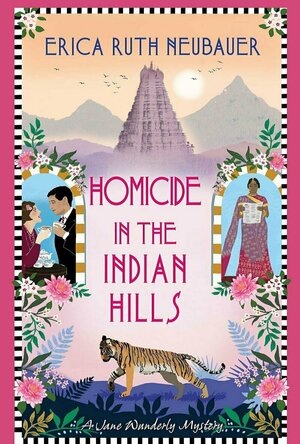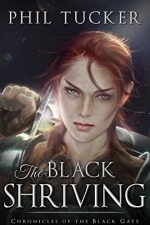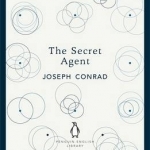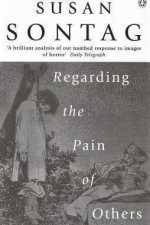Mark @ Carstairs Considers (2464 KP) rated Homicide in the Indian Hills in Books
Mar 26, 2025 (Updated Mar 26, 2025)
I enjoyed this trip to India in 1927. The country and time really came to life for me. Jane and Redvers are the only returning characters, and it was nice to spend time with them again. This also means you can jump in here if you want to. The new characters are a mixed bag, but they are strong enough to pull us into the story. The mystery kept me intrigued until we reached the logical and suspenseful climax. Those who missed the electronic only Christmas novella from a year and a half ago will be happy to see it included here as an extra. Anyone looking for some travel with their historical mystery will be glad they picked up this series.

NCERT Solutions for NCERT Books for Class 1 to 12
Education
App
NCERT Solutions by Meritnation is a completely free app which puts the solution to all NCERT Books &...
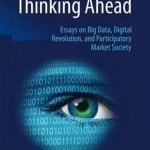
Thinking Ahead - Essays on Big Data, Digital Revolution, and Participatory Market Society
Book
The rapidly progressing digital revolution is now touching the foundations of the governance of...
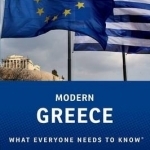
Modern Greece: What Everyone Needs to Know
Book
Just a few years ago, Greece appeared to be a politically secure nation with a healthy economy....
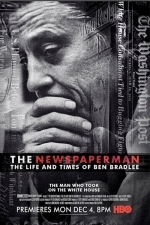
The Newspaperman: The Life and Times of Ben Bradlee
TV Show Watch
Sometimes referred to as the country’s “most dangerous editor,” Washington Post executive...
documentary
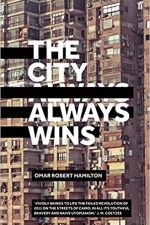
The City Always Wins
Book
'Omar Robert Hamilton brings vividly to life the failed revolution of 2011 on the streets of Cairo,...
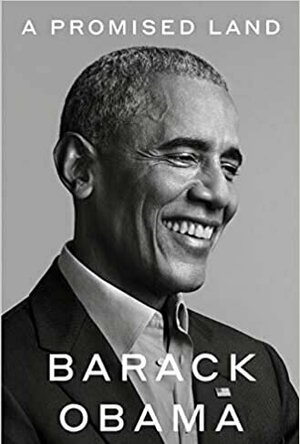
A Promised Land
Book
A riveting, deeply personal account of history in the making-from the president who inspired us to...
Ross (3284 KP) rated The Black Shriving in Books
Oct 30, 2017
The story rarely dips in terms of excitement but does start to follow a number of different paths and take on different paces. While there is exciting action as Asho and Kethe take on the demon hordes, there are moments of tense political debate and planning, and Audsley's exploration of Starkadr is of a different thrilling pace altogether.
More of the greater plot is starting to be revealed as the humans banished from Ennoia start to plot their return to the world and the kragh start to plot their assault on that very same world.
The story really developed over this book with different threads and plots forming and diverging, different aspects of the magic and mysticism of the world being explored and revealed, the very religion of the world being challenged and I am looking forward to seeing how these come together later on.
Suswatibasu (1703 KP) rated The Secret Agent in Books
Nov 1, 2017
Set in bleak Victorian London, the novel follows the life of Mr. Verloc, a secret agent, who also is a married businessman on the side selling inappropriate bric-a-brac. His friends are a group of anarchists of which three people are most prominent. Although largely ineffectual as terrorists, they are well known to the police. Verloc is also secretly employed by the Embassy as an agent provocateur. And here it all falls apart.
The more intriguing part of the book surrounds the family, especially his wife Winnie who essentially behaves like a timid matriarch before becoming distraught over the thought of being hanged. Stevie, Winnie's brother who has a mental disability, is treated more like a son than a sibling. And when he encounters tragedy, Winnie changes into a completely different person.
At times, the political aspect can be long-winded, but it ends in a major climax so it's worth getting to the end.
Suswatibasu (1703 KP) rated Regarding the Pain of Others in Books
Nov 8, 2017 (Updated Nov 8, 2017)
Sontag's earlier "On Photography" is justifiably regarded as a classic. This book is promoted as revising some of its more important arguments. Like the earlier book this is mainly a summary of points with which most teachers, and students, in this area are likely to be familiar. It is useful to have the arguments drawn together. Without doubt, Sontag's words exude intelligence, exploring how we look at painful images from photojournalists, our reaction to mass media, and how we interpret terrible news about war, even how we look at religious paintings.
She takes us on an argumental debate that covers all aspects of visual imagery through descriptive text. Shes talks of the shock and horror seen by some in photography, to how others see it as political leverage. What this book does, is to make us understand that one photographic image can have a double purpose, and that not all in a war image is truth. A good essay for the Sontag collection.
